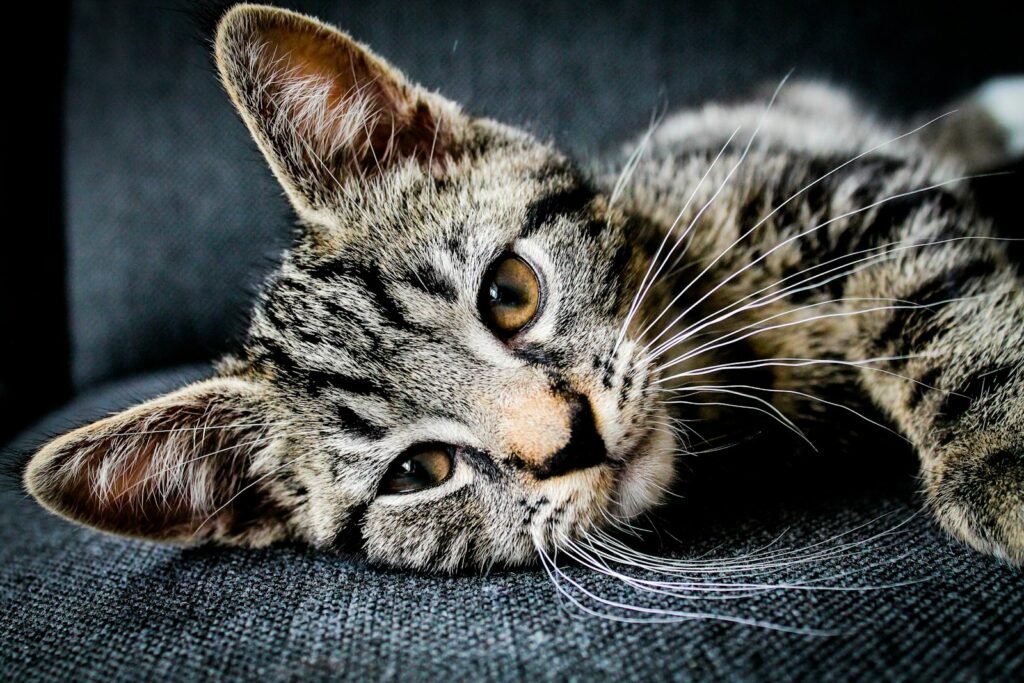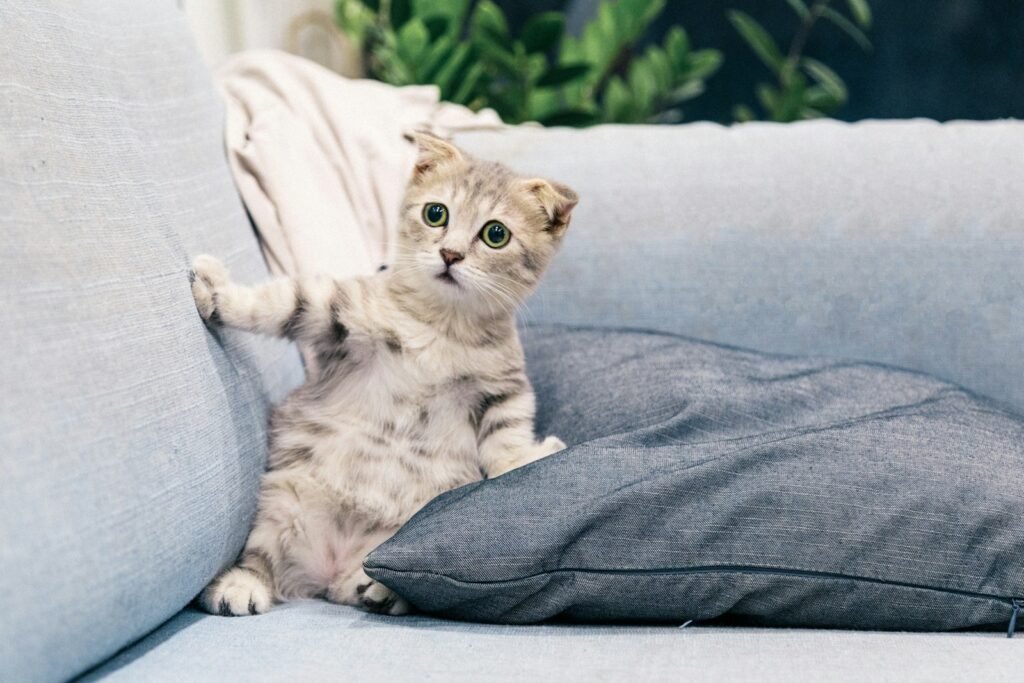Have you ever noticed your feline friend behaving unusually quiet or withdrawn? It’s not uncommon for cats to experience emotional shutdowns, leaving pet owners puzzled and concerned. Imagine how you would feel if your best friend suddenly stopped talking to you. The bond between a cat and its owner is no different. Understanding and supporting a cat who’s emotionally shutting down requires patience, empathy, and a gentle touch. Let’s explore ways to help our furry companions find their way back to happiness.
Understanding Emotional Shutdown in Cats
Emotional shutdown in cats can be a bewildering experience for both the pet and the owner. It’s essential to recognize that this behavior is not just a phase but a signal that something might be wrong. Like humans, cats may withdraw emotionally due to stress, anxiety, or changes in their environment. They may become less interactive, hide more often, or even stop eating. Recognizing these signs early on is vital, as it allows you to take proactive steps in addressing the underlying issues.
Identifying the Causes of Emotional Distress

Understanding the root cause of a cat’s emotional distress is crucial in providing the right support. Changes in the household, such as a new pet or family member, can be overwhelming. Even seemingly minor changes like moving furniture or altering daily routines can unsettle a sensitive feline. Health issues, whether physical or psychological, can also contribute to emotional shutdown. By identifying these triggers, you can take steps to minimize their impact and create a more comfortable environment for your cat.
Creating a Safe and Comforting Environment

A safe and comforting environment is essential for a cat’s emotional well-being. Imagine a cozy sanctuary where your cat feels secure and loved. Providing spaces where they can retreat, such as a quiet room or a favorite perch, can offer them solace. Soft bedding, familiar toys, and gentle background music can also create an atmosphere of calm and reassurance. It’s about making your home a haven where your cat can relax and be themselves without fear or anxiety.
Building Trust Through Consistent Routines
Consistency is key when it comes to rebuilding trust with a cat who’s emotionally shutting down. Cats thrive on routine, and maintaining regular feeding times, play sessions, and grooming rituals can provide a sense of stability. It’s like setting a comforting rhythm that they can rely on. By sticking to a predictable schedule, you communicate that their world is safe and dependable, helping to ease their anxiety and encourage them to open up emotionally.
Engaging in Gentle Interaction and Play
Engaging with your cat through gentle interaction and play can be a powerful way to reconnect. Think of it as extending a friendly hand, inviting them to join you in a shared moment of joy. Use toys that mimic natural prey, such as feather wands or laser pointers, to spark their interest. Encourage them to explore at their own pace, offering praise and treats for positive engagement. These playful interactions can slowly rebuild their confidence and remind them that they are loved and cherished.
Providing Proper Nutrition and Health Care
Proper nutrition and health care play a significant role in supporting a cat’s emotional recovery. A balanced diet rich in essential nutrients can boost their overall well-being, while regular veterinary check-ups ensure that any underlying health issues are addressed promptly. Imagine how a nourishing meal and a clean bill of health can lift their spirits. By attending to their physical needs, you create a solid foundation for emotional healing.
Utilizing Calming Products and Techniques
Calming products and techniques can be invaluable tools in helping a cat who’s emotionally shutting down. Products like pheromone diffusers or calming sprays can create a soothing atmosphere, akin to a gentle hug that envelops them in comfort. Techniques such as gentle massage or slow blinking can further enhance relaxation. These methods work together to ease tension and promote a sense of peace, allowing your cat to feel more at ease in their surroundings.
Seeking Professional Help When Needed
Sometimes, despite your best efforts, a cat’s emotional shutdown may require professional intervention. Consulting with a veterinarian or an animal behaviorist can provide valuable insights and guidance tailored to your cat’s specific needs. Think of them as expert detectives who can unravel the mysteries behind your cat’s behavior. Professional help can offer solutions that you might not have considered, ensuring that your cat receives the best care possible.
Patience and Empathy: The Keys to Recovery
Patience and empathy are the cornerstones of supporting a cat who’s emotionally shutting down. Remember, healing takes time, and every cat’s journey is unique. Approach each day with understanding and compassion, recognizing that your presence alone can be a source of comfort. By offering love and support without judgment, you create a nurturing environment where your cat can gradually rediscover their joy and trust.
In conclusion, supporting a cat who’s emotionally shutting down requires a thoughtful approach filled with love, patience, and understanding. By recognizing their needs and taking proactive steps, you can help your feline friend navigate this challenging time and emerge stronger and happier. What would you have guessed about the emotional world of cats?

Growing up traveling and experiencing new cultures and wonders, I have had a passion for nature, adventuring, photography, and videography. I am currently working towards a BSc in Biodiversity and Ecology at Stellenbosch University, and I hope to specialise in Marine Sciences one day.
Please send any feedback to Feedback@animalsaroundtheglobe.com






